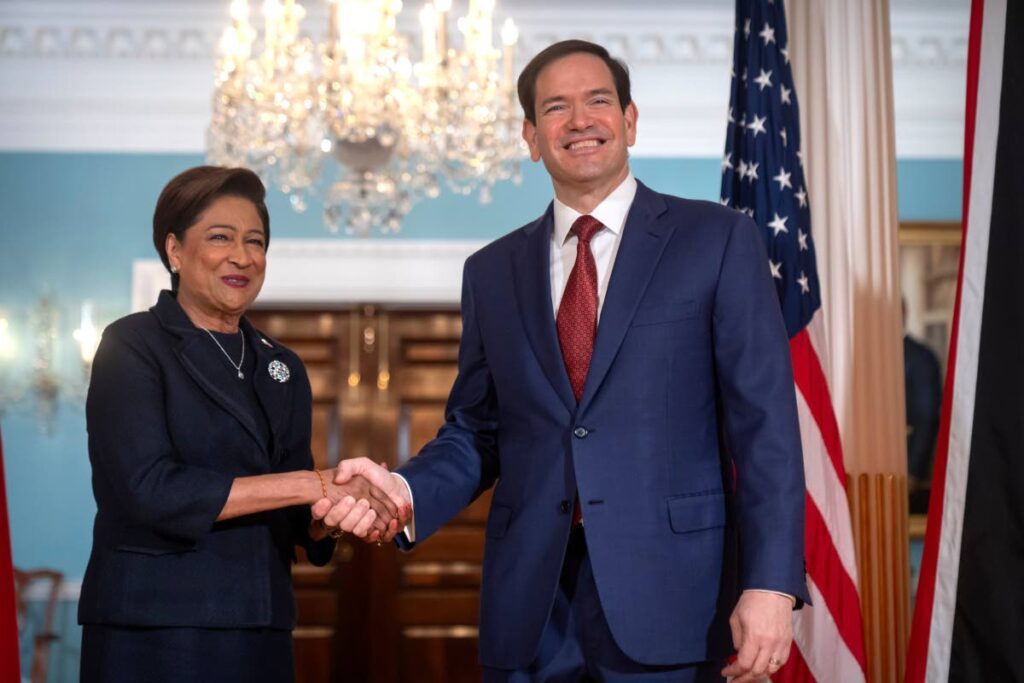Copyright ynetnews

Palestinian residents of several West Bank villages say they are facing an escalating wave of attacks, arson and vandalism by Israeli settlers during this year’s olive harvest, a period that has long been marked by friction between the sides. In the early morning hours, Khaled, a resident of the village of al-Mughayyir northeast of Ramallah, set out to harvest olives for household oil. He said that armed settlers arrived, threatened him, ordered him to leave the area and stole the olives he had already picked. His brother, Marzouk Abu Naim, a member of the village council, said such incidents have become routine. “We feel helpless and unable to protect ourselves,” he said. “Agriculture is our main source of livelihood, and they are doing everything possible to drive us from our land.” Abu Naim said the lack of intervention from Israeli security forces allows the violence to continue. “No one helps us — not the Palestinian Authority or its institutions, not the Israeli police or the army. Our fate has been abandoned,” he said. He called for international intervention to protect the residents and prevent further attacks. Al-Mughayyir has seen a sharp rise in settler-related violence in recent years. Last year, dozens of armed settlers stormed the village, torching homes and vehicles. A 26-year-old man was killed, and dozens of houses and cars were burned, according to residents and local officials. In August, residents reported that settlers uprooted and burned roughly 1,500 olive trees in the village valley — a key source of income for locals. The village was subsequently placed under tight restrictions, with shops, bakeries and pharmacies forced to close. Emergency vehicles were delayed, and residents said patients were blocked from leaving to receive medical care. Journalists were prevented from entering the area, and prayers were halted in local mosques. Similar accounts emerged from other parts of the West Bank. In the town of Jaba, east of Ramallah, residents said settlers entered the area and smashed solar panels that supply electricity, causing extensive damage to community infrastructure. Ahmad Ka’abneh, a resident of Jaba, said the incident was part of a pattern of harassment. “The government, the police and the army do not protect us,” he said. “Only a few peace activists visit to support us. We are asking for help from both the authorities and international organizations to allow us to live safely.” Ka’abneh said settlers had recently burned his brother’s home. “No one has been held accountable,” he said. “If they don’t attack us physically, they damage our property, and if not our property, they wander between the houses to frighten us and our children.” Jaba, located in the Jerusalem district about nine kilometers from the city, sits 664 meters above sea level and covers 13,624 dunams (about 3,360 acres). Most of its land lies in Area C, under full Israeli control, and it has a population of about 4,300, according to Palestinian data. In the southern West Bank, residents of Masafer Yatta — a cluster of Palestinian hamlets in the South Hebron Hills — reported almost daily settler assaults. Ali Noa’ah from the nearby village of Tuba said settlers recently attacked an activist in Susya, another small village in the area. Noa’ah said he was on his way to the Kiryat Arba police station to file a complaint against settlers accused of repeated assaults. In a separate incident in Susya, 80-year-old Najah Magen and her husband said settlers tried to break into their home three times in one day. The first time, they attempted to harm the couple the second time, they tried to reach the sheep the couple raise and the third time, after peace activists were called to help, the settlers allegedly attacked one of the activists. Paramedics from Magen David Adom arrived to treat the injured activist. Magen said older residents in the area are particularly vulnerable. “No one helps the elderly in the villages,” she said. “The settlers act without restraint and show no respect for us. Even at our age, we are still exposed to threats and in need of protection.” Over the weekend, security officials recorded more than 10 nationalist-motivated incidents across the West Bank within 24 hours. “There’s definitely a spike in events,” an Israeli security official said. “During the olive harvest, friction rises several levels, and there are also anarchists who come to the area to provoke tensions.” Most of the incidents, including vandalism and arson, occurred in the Binyamin and Gush Etzion regions, officials said. Police and army forces, who typically arrive after clashes have begun, often struggle to collect evidence once the scene is disturbed. Investigators from the Judea and Samaria District frequently coordinate with the Shin Bet’s Jewish Division in such cases. The Israel Police and military have not yet responded publicly to the latest reports.



